Mozambique: CNE AND STAE - District commission subsidies paid until the 18th
Terrorism in Cabo Delgado: Academic defends international involvement
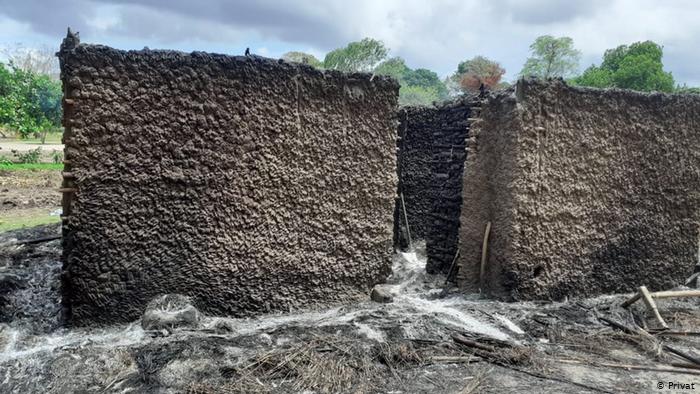
File photo: DW
In an interview with DW Africa, Lourenço do Rosário argues that Mozambique no longer has the capacity to address the conflict in the north alone, which is why it is important to involve other SADC and European Union states.
Since 2017, the province of Cabo Delgado, in northern Mozambique, has been plunged into an armed conflict attributed to an alleged jihadist group, which has already killed more than 1,000 people and internally displaced more than 500,000 persons.
In an interview with DW Africa, Mozambican academic Lourenço do Rosário argues that it is necessary to involve other Southern African Development Community (SADC) and European Union (EU) states, with Portugal and France playing a prominent role.
In this interview, Lourenço do Rosário also says that the political opposition in Mozambique must agree a national agenda with the government, with a view to solving the country’s major problems.
DW Africa: How do you see the current situation of the armed attacks in Cabo Delgado and the performance of the Mozambican government?
Lourenço do Rosário (LR): In its first phase, I think that the Mozambican state, the Defence and Security Forces and, above all, the intelligence forces greatly underestimated this movement – when there was the first demonstration in Mocímboa da Praia, on the October 5th, 2017.
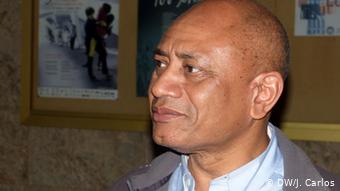
They thought, essentially, that it was a group of radicalised young people, but that they would be easily controllable and that this was essentially a matter for the police.
My understanding is that this problem might, at first, have been wholly internal and that it could have been solved. Today, there is no doubt that there is an external jihadist intervention which aims, at a maximum, at the “Somalisation” of northern Mozambique and at institutionalising this instability – like in the [Democratic Republic of] Congo, Mali, Burkina Faso, Nigeria etc.
So there is no doubt that our Defence and Security Forces and intelligence services do not have the capacity to address this threat.
DW Africa: What are the possible ways out?
LR: Mozambique has already issued, through government authorities, a for assistance in the region, through the SADC. It has also reached out to the European Union. And we have two partners who can play an important role in the EU: Portugal, which is of course our former coloniser and with whom our president was speaking just yesterday [24-11], and France.
I think that [France] has played an important role in Africa, above all in the Maghreb. [France] is our neighbour here in the Indian Ocean because it has some islands and [it has] Total [oil company] in Palma.
DW Africa: Some argue that one of the issues which needs to be put on the tale is avoiding the radicalisation of the youth – and not only in Cabo Delgado. Do you agree with that opinion?
LR: I believe so, yes, and the Government has also changed its speech regarding the development roadmap and employment, even with the creation of a government entity just for the youth and the employment under the Presidency of the Republic [the Secretariat of State for Youth and Employment]. It is already a paradigm shift in relation to this issue. The discourse, at least, has changed a lot in this sense. Now, let’s see how this works out in practice.
We have a very large deficit in our country, which is the lack of a national agenda, even among our political leadership. It is not just about leaving everything in the hands of the government. Our opposition must have a national agenda and that national agenda must coincide in some important aspects. Although they are political opponents, in terms of governance, they need to have points of convergence to solve the country’s major problems.


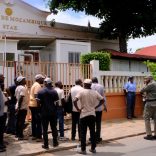
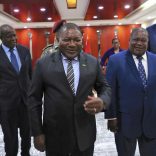
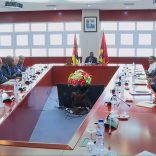
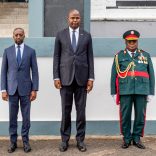
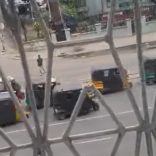
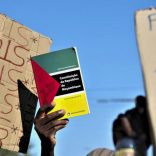
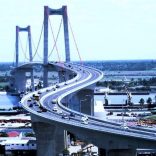


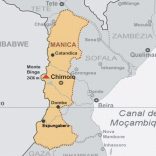
Leave a Reply
Be the First to Comment!
You must be logged in to post a comment.
You must be logged in to post a comment.